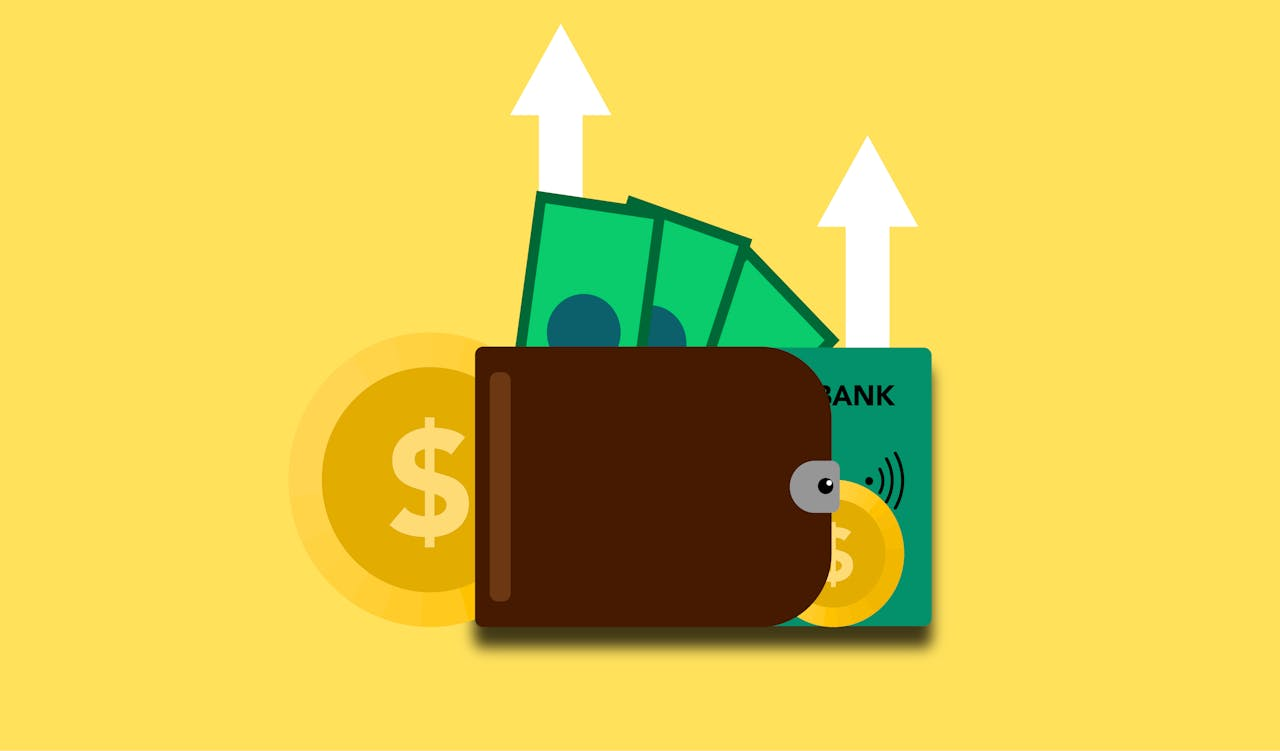Traveling abroad can be an exciting experience, but if you are traveling outside Brazil, understanding currency exchange risks is crucial to avoid unexpected financial surprises.
The fluctuations in the Brazilian Real (BRL) against other currencies can significantly impact travel costs, including accommodation, transportation, and everyday expenses. In this article, we’ll explore what currency exchange risk is, the different types of risks, and practical tips to help you manage these risks effectively.
What is Currency Exchange Risk?
Currency exchange risk, also known as foreign exchange risk, refers to the potential financial loss that can occur when the value of one currency fluctuates against another.
For Brazilian travelers, this risk arises when converting BRL to foreign currencies (like USD, EUR, or GBP) and vice versa. Even a small change in exchange rates can lead to higher costs for hotels, meals, transportation, and shopping, impacting your travel budget.
For example, if the BRL weakens against the USD, the cost of your trip to the United States could increase substantially, making it more expensive to cover the same expenses you had planned.
Types of Currency Exchange Risks
There are several types of currency exchange risks that Brazilian travelers should be aware of:
- Transaction Risk: This is the most common risk for travelers. It occurs when there is a time lag between booking or purchasing a travel-related expense (like airfare or hotel reservations) and the actual payment. If the BRL weakens during this period, you may end up paying more in local currency than initially anticipated.
- Translation Risk: This risk affects the value of any assets or expenses when converting foreign currencies back to BRL. For instance, if you return from a trip with leftover foreign currency and the BRL has strengthened, you could receive less value when converting it back.
- Economic Risk: This refers to the broader impact of economic changes on exchange rates. Economic factors in Brazil, such as inflation, interest rates, or political instability, can influence the BRL’s value against other currencies, affecting your travel costs.
Factors Affecting the BRL Exchange Rate
Several factors can impact the BRL’s exchange rate against other currencies:
- Brazil’s Economic Indicators: The value of the BRL is influenced by Brazil’s interest rates, inflation rates, and overall economic performance. For example, higher interest rates in Brazil might attract foreign investments, strengthening the BRL, while higher inflation could weaken it.
- Political Stability in Brazil and Abroad: Political events, such as elections or policy changes, can create uncertainty and affect the BRL’s value. Global demand for the BRL may also be impacted by political happenings in other nations.
- Global Market Trends and Speculation: International demand for Brazilian exports (like soybeans, coffee, and iron ore) can influence the BRL’s value. Market sentiment, driven by speculation and investor confidence, also plays a role in currency fluctuations.
Common Mistakes Travelers Make with Currency Exchange
Many Brazilian travelers make avoidable mistakes that can increase their exposure to currency exchange risks:
- Relying on Last-Minute Currency Exchanges: Exchanging money at airports or currency exchange booths often results in high fees and unfavorable rates.
- Using Brazilian Credit Cards Abroad Without Understanding Fees: Many Brazilian credit cards charge foreign transaction fees and use dynamic currency conversion, which may result in higher costs. It’s important to understand these charges before using your card abroad.
- Ignoring Daily Fluctuations: Exchange rates can change daily. Ignoring these fluctuations can result in missed opportunities for more favorable rates or, conversely, unplanned expenses.
Tips for Managing Currency Exchange Risks as a Brazilian Traveler
To minimize currency exchange risks, consider the following tips:
- Monitor the BRL Exchange Rate: Use online tools or financial apps to keep an eye on the BRL’s trends against major currencies before your trip. This can help you decide when to convert your money for the best rates.
- Use Multi-Currency Accounts or Cards: Some Brazilian banks offer multi-currency accounts or cards that allow you to hold multiple currencies at competitive exchange rates, reducing conversion fees and risks.
- Leverage Digital Payment Platforms: Consider using digital wallets or international payment platforms that provide better exchange rates and lower fees compared to traditional banks.
- Strategically Time Currency Exchanges: Plan your currency exchanges based on favorable market conditions. For example, if the BRL strengthens before your trip, consider converting a portion of your travel funds in advance.
- Diversify Your Payment Methods: Carry a mix of cash, credit/debit cards, and digital payment options to ensure flexibility and avoid being over-reliant on a single payment method.
How to Use Currency Hedging for Personal Travel
Currency hedging is a technique that can help protect the value of the BRL against foreign currencies:
- Pre-Purchased Foreign Currency Cards: These cards allow you to lock in an exchange rate before you travel, shielding you from future fluctuations.
- Forward Contracts: If you frequently travel to a particular country, you can use forward contracts to buy currency at a set rate for a future date, protecting you from unfavorable changes in the exchange rate.
- Currency-Hedged Accounts: Some financial institutions offer accounts that protect your deposits from currency fluctuations, making them a useful tool for managing travel funds.
Conclusion
Understanding currency exchange risks is essential for travelers from Brazil to manage their finances effectively while exploring the world.
By being aware of the factors that influence exchange rates, recognizing common mistakes, and employing smart strategies like monitoring rates, diversifying payment methods, and considering currency hedging, you can minimize risks and enjoy your travels without financial surprises.

